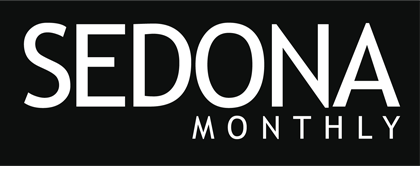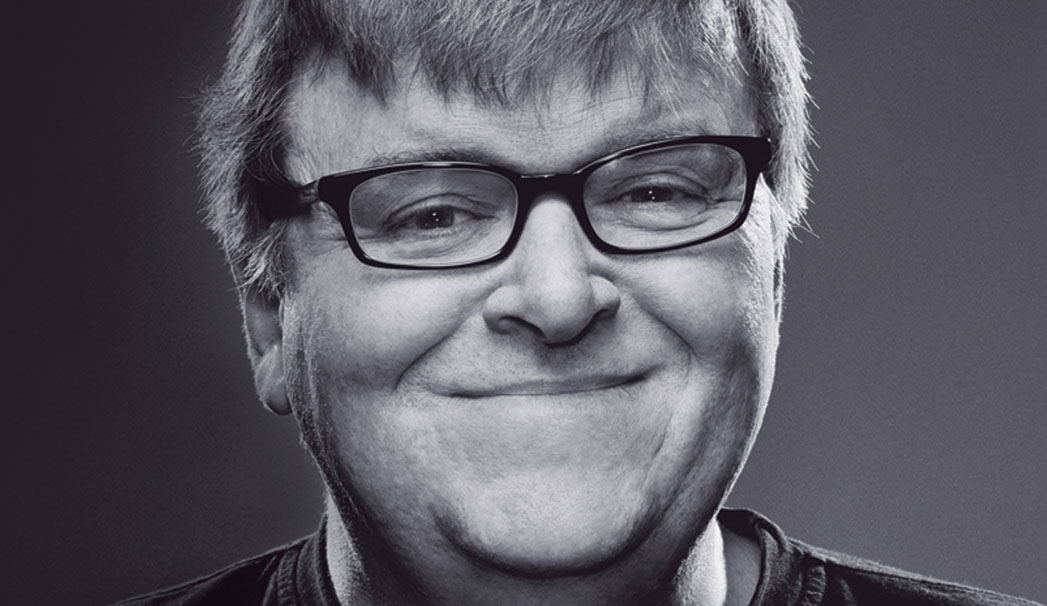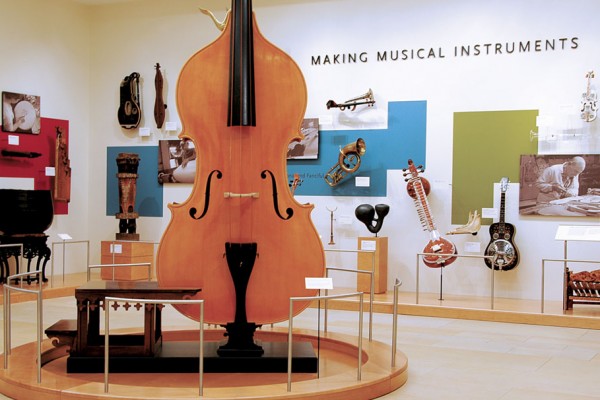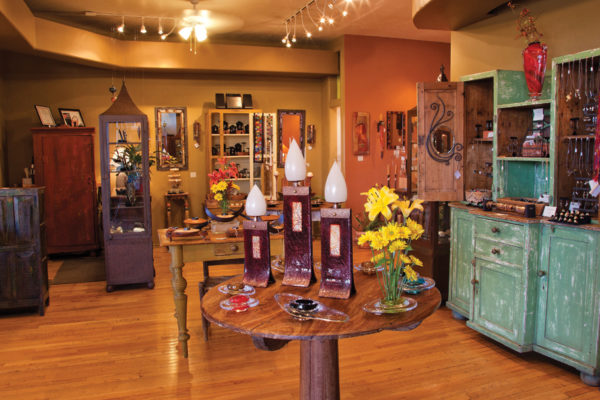We don’t envy the screeners of the 2010 Sedona International Film Festival. After receiving nearly 700 entries, they were tasked with narrowing it down to 140 films, which includes shorts, documentaries, features and animation. The festival’s program director, Sagan Lewis, says themes of World War II and loss emerged from the submissions, which leads to the question: Why are so many independent films so serious?
“For a person to go to the expense and trouble to make a film, the message is usually birthed out of pain,” says Sagan, who played Dr. Jacqueline Wade on the hit series St. Elsewhere from 1982 until 1988. “You’re not going to try to raise $1 million for a movie about pink shoe laces that make you happy, but you will do it for a film about a mother dying of cancer.”
Sedona Monthly was fortunate to have the opportunity to see some of these films in advance and talk to the filmmakers and actors. Once you see what’s in store for this year, you won’t want to miss a single day. The festival runs from Feb. 21 through 28 with screenings at Harkins Theatres Sedona 6 (2081 SR 89A in West Sedona), Sedona Rouge Resort & Spa (2250 W. SR 89A in West Sedona) and Sedona Studio Live (15 Coffee Pot Dr. in West Sedona). For movie listings and information on passes, individual tickets, workshops and parties, visit www.sedonafilmfestival.com.
Michael Moore: From Roger & Me to Capitalism: A Love Story
Michael Moore made his first film, Roger & Me, which documented the decline of his hometown of Flint, Mich., 20 years ago. Since then, he’s tackled topics including gun control, the terrorist attacks of 9/11, the health care industry and the recent Wall St. collapse. In 2003, he won an Academy Award for Bowling for Columbine, and he was nominated for an Oscar in 2008 for SiCKO. He has also authored seven books; directed music videos for Rage Against the Machine, R.E.M. and System of a Down; hosted and directed the television shows TV Nation, The Awful Truth and Michael Moore Live; and founded the Traverse City Film Festival in Michigan. The Sedona International Film Festival is looking back on Michael’s career by screening three of his films including his most recent, Capitalism: A Love Story. Michael will attend the screenings and answer questions at the end of each film. On his way home from work in northern Michigan one evening, Michael called Sedona Monthly and spent 40 minutes discussing his films, politics, becoming an Eagle Scout and his Netflix que. It’s a conversation we’re not likely to forget any time soon.
Sedona Monthly: Looking back on your career, from Roger & Me all the way through Capitalism: A Love Story, what moment makes you most proud? Is there anything in your films you would change if you could do it over?
Michael Moore: Wow. Probably seeing my mom in the audience of my very first film during the American premier at the New York Film Festival in Lincoln Center [for the Performing Arts]. My mom, being from Flint, had taken us to New York when we were younger. She loved the place – we were an autoworker’s family so it was a big treat. To have her in the audience for my very first film was a proud moment I will always remember. No, there’s nothing in any of the films that I would change. I guess I wish sometimes they weren’t so far ahead of the curve where the public isn’t there yet. Twenty years ago when I was trying to say General Motors was a company that was going to fail and that there would be more towns that looked like Flint, Michigan, that was a time when everyone thought General Motors was golden. Then with Fahrenheit 9/11, I said we weren’t going to find any weapons of mass destruction in Iraq, and we weren’t being told the truth. Some people didn’t want to hear that at the time. Two years ago I made a movie about how we should have universal health care [SiCKO] – wouldn’t it be great if that film was out right now? I need to work out my timing of this better.
We recently sat down with Robert Osborne, who says the problem with most movies today is they take so long to make that they are irrelevant by the time they hit theaters, but it sounds like you have the opposite problem. Is this because they are documentaries or is there some other secret to making timely films?
I’m just a good guesser. I started making [Capitalism] five months before the crash. But [Robert Osborne is] very right about that. All these Iraq War films have not done well. They haven’t found an audience, but it’s because they came out four or five years after the war began. Fahrenheit 9/11 was made during the first year of the war. It was timely and relevant. The way movies are made now, once you’ve had the peak behind the curtain, you understand why so many aren’t very good or formulaic. It’s rare to walk out of the theater nowadays and say to your wife or your date, ‘Wow, that was something; that was a great way to spend two hours.’ Most of the time you’re going, ‘We just wasted two hours.’
You’ve made a career out of documentaries, and some say you’ve revolutionized the face of the documentary. Aside from the provocative subject matter, what makes your films different from other documentaries? Why do they draw such box office crowds?
I make them as movies. I don’t think of it as a documentary. I don’t ghetto-ize in that sense. I set out to make an entertaining movie. I’m asking people to come to the movie theater on a Friday night, spend money and take time. I want to make as good of a movie as possible. When I started out, I was somebody who didn’t like documentaries that much. Looking back on it, I realize I was making the anti-documentary with Roger & Me. I’m a filmmaker. To me, you can tell a story a number of ways and nonfiction is one of those ways.
When you made Roger & Me, did you ever see yourself becoming such a controversial figure?
No, not at all [laughs]. I thought I’d just be taking that movie around in my van to churches and union halls. All of this has been a big surprise to me. I don’t think I was considered controversial back then or when I had my TV shows on NBC and Bravo. I think that image of me was created the first week of the war when I won the Oscar and I stood on the stage and said what I said. That was the first time a lot of Americans saw who I was. I’m not an aggressive person like that, but I was very upset about the war and I knew that our soldiers were going to lose their lives for what was essentially a lie.
Certainly there are many left-leaning celebrities that speak out. Why are you such a target for hatred from the right?
I think because they see that my work is not just viewed by the Church of the Left. My movies play in shopping malls and multiplexes. I’m one of the very few people on the left that has crossed over to have the mainstream mass audience. I think that’s scary to them. They see that I’m affective and that makes them angry.




